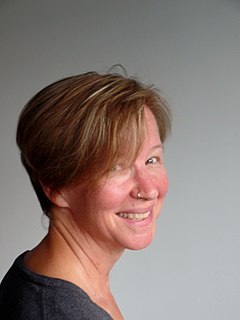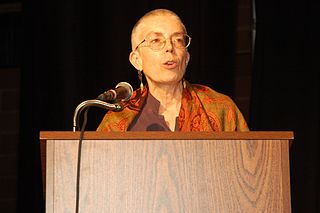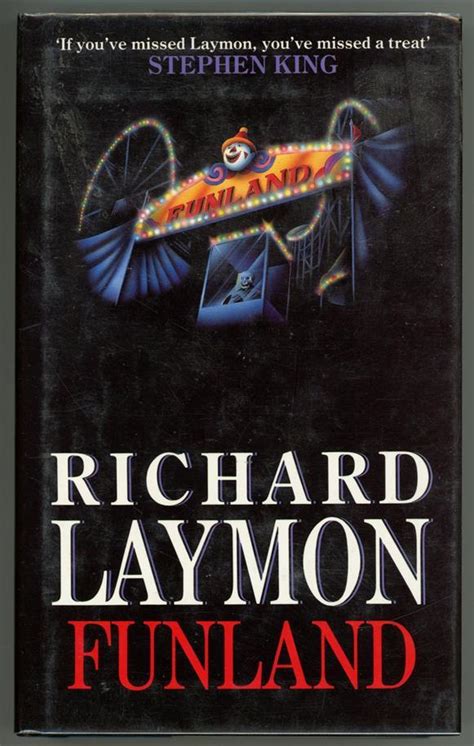A Quote by Therese Fowler
The distinctions of what makes a book one genre or another can sometimes be a bit muddy, but generally it's a matter of projecting who the audience will be, which is a judgment that's based on the subject matter. 'Mainstream' is the cleanest label for a book that draws readers of both sexes and from a wide age-range.
Related Quotes
I've mis-signed many a book Rollins or Clemens. My readers quickly become aware. Booksellers will often promote me under both names, and I do plug both at signings. Generally, the fantasy reader has no problem going into the suspense genre. It's harder for the typical suspense reader to go the other direction.
Valerie Martin was my mentor in college and she liked fiction that said something. That made it essential to have something to say. This seems obvious, but it's not. And she's taken on a wide range of subject matter: each book poses new challenges, and that's something I think about when I'm embarking on a project.
There are authors like David Foster Wallace or Raymond Chandler - with voice-based authors I might end up a completist, because what I love about them isn't just the particular construction of one novel or another but their flavor. There is an Austrian writer, Thomas Bernhard, as well. One book is not necessarily greater than another book, but they just have this incredible, unique voice, so it doesn't really matter which one you read.
You will want a book which contains not man's thoughts, but God's - not a book that may amuse you, but a book that can save you - not even a book that can instruct you, but a book on which you can venture an eternity - not only a book which can give relief to your spirit, but redemption to your soul - a book which contains salvation, and conveys it to you, one which shall at once be the Saviour's book and the sinner's.
I sometimes have the sense that I live my life as a writer with my nose pressed against the wide, shiny plate glass window of the"mainstream" culture. The world seems full of straight, large-circulation, slick periodicals which wouldn't think of reviewing my book and bookstores which will never order it.
A reader is entitled to believe what he or she believes is consonant with the facts of the book. It is not unusual that readers take away something that is spiritually at variance from what I myself experienced. That's not to say readers make up the book they want. We all have to agree on the facts. But readers bring their histories and all sets of longings. A book will pluck the strings of those longings differently among different readers.



































